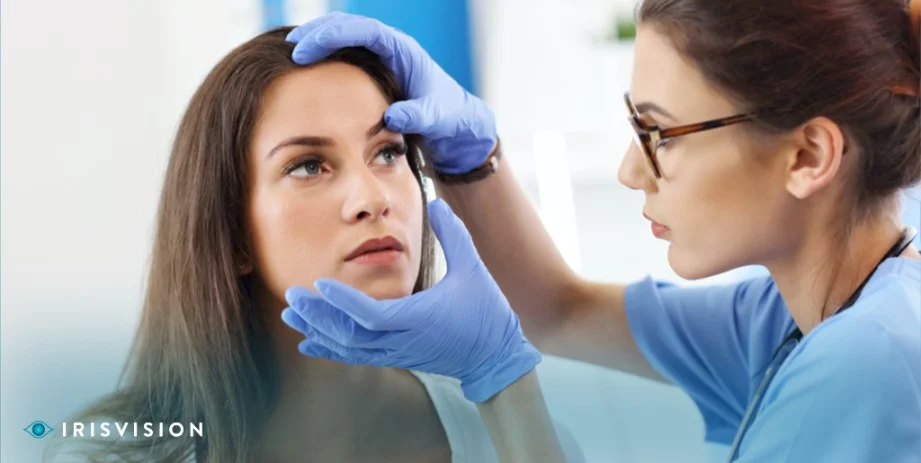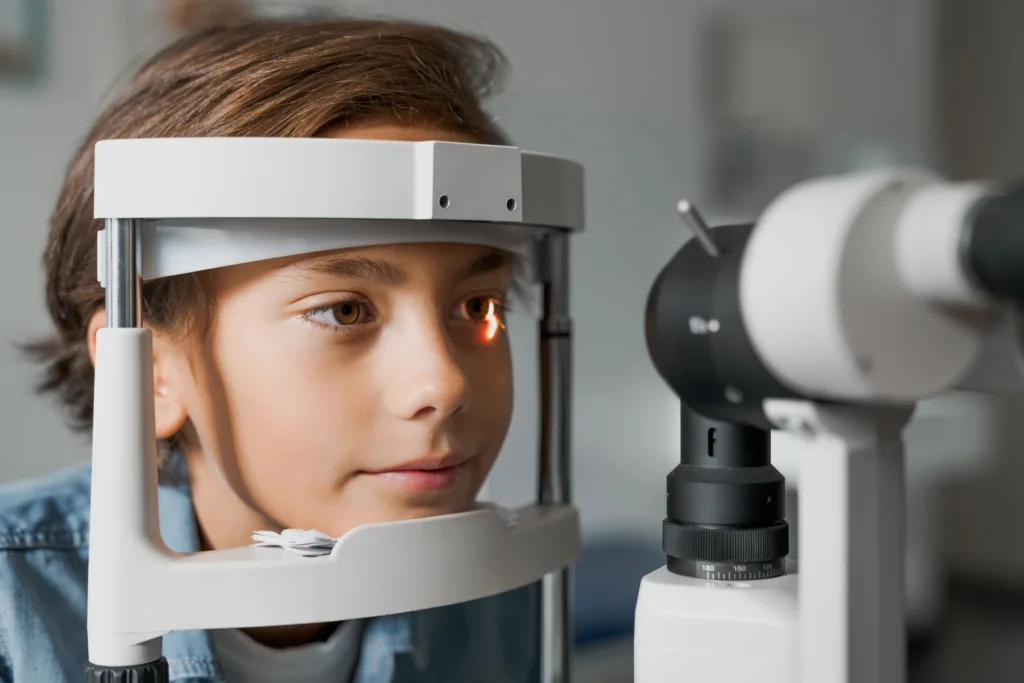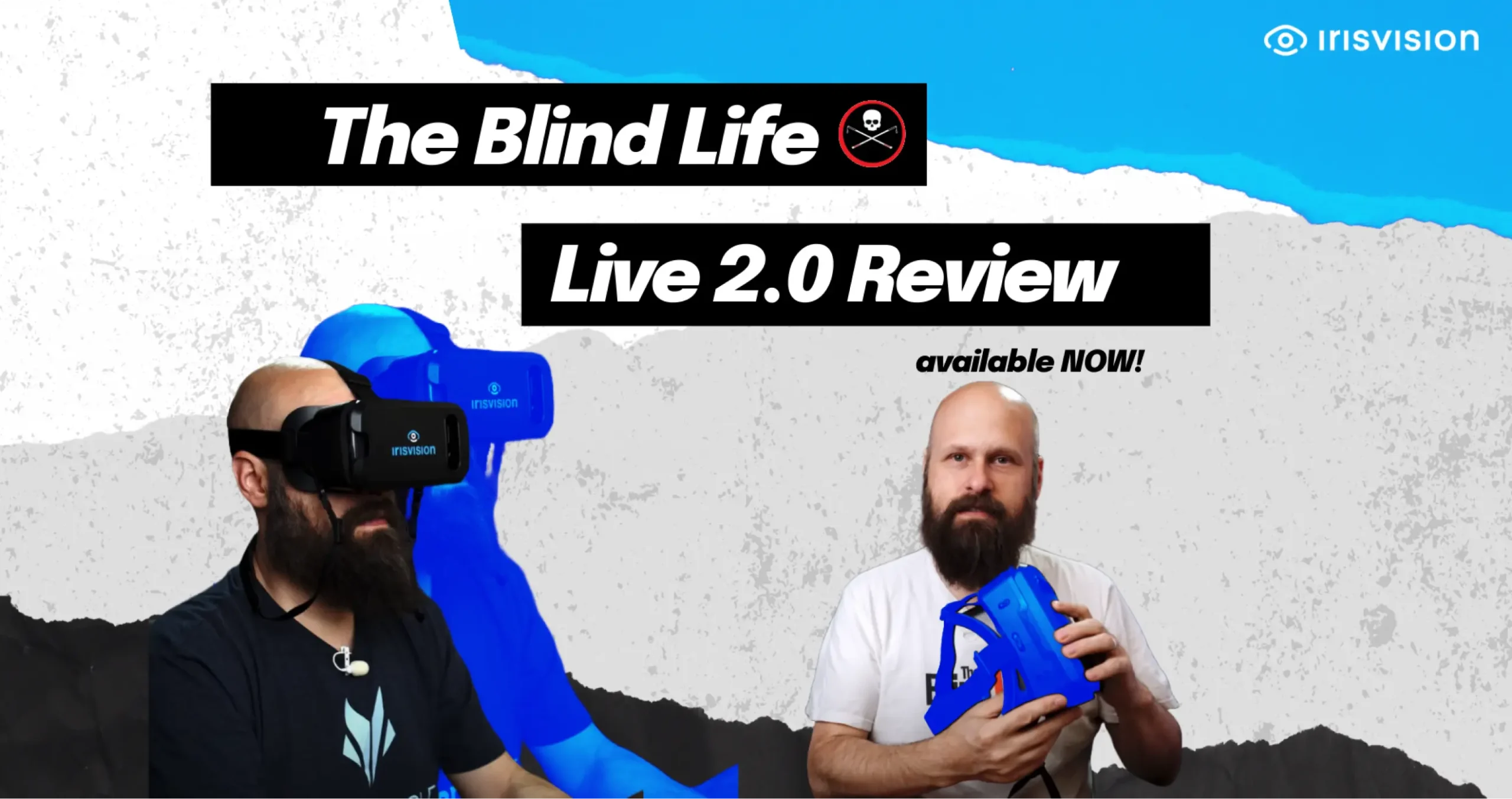Vision loss though may be directly connected to one of the five senses but it has a far greater impact that can deprive an individual of leading an independent life.
The loss of vision or eyesight for any individual may be a frightening or overwhelming condition, but what the masses fail to comprehend is the fact that vision loss has an equally significant impact on mental health along with physical wellbeing. To compensate for the visual limitations, other senses concerning touch, smell, or hearing have to be put to use, which also requires time and even extensive training to carry out day-to-day activities.
Apart from accessibility issues, individuals with vision loss may also experience the inability to maintain their independence, manage healthcare appointments and even retain employment.
This is primarily because the effects of vision loss have far greater repercussions that affect the overall quality of life, accessibility, mobility and results in day-to-day troubles related to falls, injuries, as well as declining mental health, social life, as well as the absence of education and employment opportunities.
Approx 93 million adults in the U.S are at high risk for serious vision loss
Though there are several effective approaches to managing vision care for people with low vision or vision loss, starting from routine eye examinations to low vision rehabilitation and utilization of low vision aids. However, it’s safe to say early diagnosis is one of the most impactful ways of maintaining good vision and detecting symptoms for any eye condition, injury, or refractive errors.
Vision loss may also cause difficulties in managing chronic disease, which includes self-care, in-person visits to the doctor, transportation barriers, and the effective administration of medicine.






